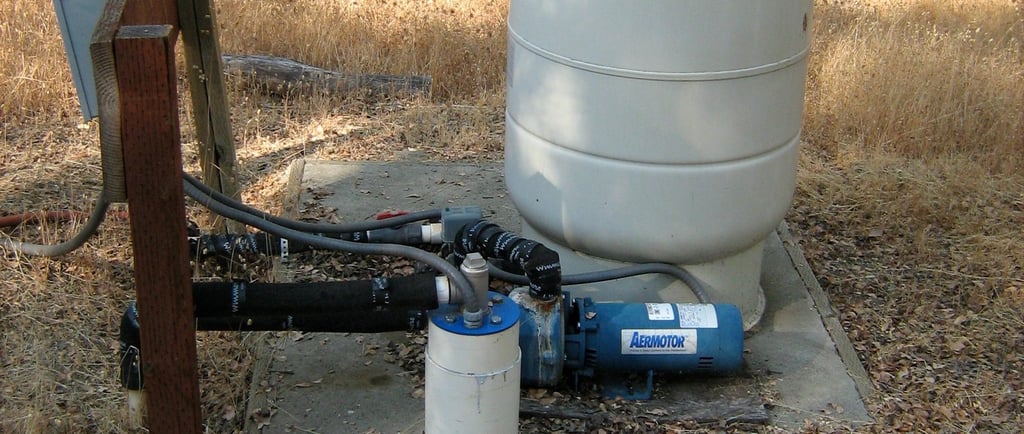Top 9 Questions Clients Have About Well Water Testing
Curious about the quality of your well water? Our latest post dives into the essential world of well water testing, addressing the top 10 frequently asked questions to provide clarity and guidance. From understanding why testing is necessary to learning how to interpret results, we cover it all. Discover common contaminants, testing procedures, and what to do if results indicate issues. Whether you're a homeowner seeking peace of mind or navigating regulatory requirements, our concise guide equips you with the knowledge to ensure the safety and quality of your well water. Dive into clarity with our comprehensive FAQ!


These FAQs offer valuable insights into the importance of well water testing, helping homeowners understand the process, its significance for water safety, and how to interpret test results effectively.
What is well water testing?
Well water testing is the process of analyzing the quality of water from a private well to ensure it meets safety standards for drinking and other household uses.
Why is well water testing necessary?
Well water testing is necessary to ensure the water is safe for consumption and free from contaminants that could pose health risks to individuals who use it.
When should I test my well water?
It's recommended to test well water at least once a year for bacteria, nitrates, and other contaminants. Additionally, testing should be conducted whenever there is a change in water taste, odor, or colour, or after any maintenance or repairs to the well system.
What contaminants are typically tested for in well water?
Common contaminants tested in well water include bacteria (e.g., E. coli), nitrates, nitrites, lead, arsenic, pesticides, volatile organic compounds (VOCs), and other chemical pollutants. What contaminants are tested depends on which test you choose.
How is the water collected for the test?
Water samples for testing are collected following specific instructions provided by the testing laboratory. Samples are collected in sterile containers provided by the lab and taken from a sterilized tap after flushing the water system.
Who conducts well water testing?
Well water testing is conducted by certified laboratories specializing in water quality analysis. As of today's date, we use Horizon Lab, in Winnipeg, MB.
How long does it take to receive well water test results?
The turnaround time for well water test results can vary depending on the specific contaminants being tested and the laboratory's workload. In general, results are usually available within a couple of weeks, you can have your test rushed if needed.
What should I do if my well water test results show contaminants above acceptable levels?
If well water test results indicate elevated levels of contaminants, homeowners should follow any recommendations provided by the testing laboratory, such as installing treatment systems or taking corrective actions to address the issue.
How much does well water testing cost?
The cost of well water testing can vary depending on the number of contaminants being tested. Costs typically range from $110 with a home inspection to $450 for a standalone comprehensive test.